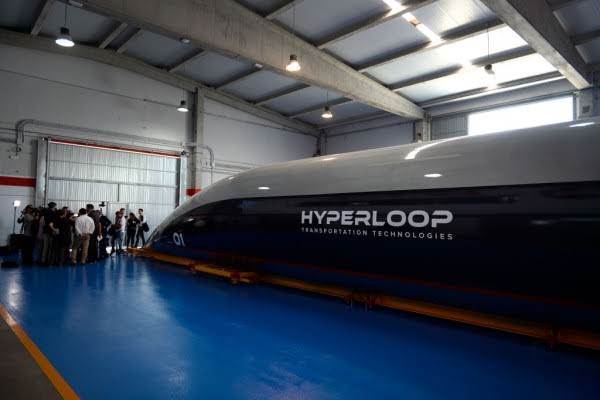
Elon Musk's Virgin Hyperloop Appears to Be De-Branding Virgin Hyperloop
Elon Musk's firm Virgin Hyperloop, which is working to make his idea for fast trains a reality, has changed its name. The business abruptly returned to using the moniker Hyperloop One, which it had previously used from 2016 to 2017.
Virgin Group announced that it had 'chosen to collaborate with Virgin Hyperloop's management team to remove the Virgin brand from the business' in a statement. This was brought about by 'Virgin Hyperloop's change in short-term priorities,' specifically its decision to create a cargo-only service rather than a passenger transportation system.
The firm had wiped its website clean and replaced it with an outdated stock photo of its XP-1 test pod and the statement 'It's a new day at Hyperloop one'. The company's accounts on Twitter, LinkedIn, and Instagram were also changed back to the previous name.
The company has had a turbulent year, firing 111 employees in February after giving up efforts to create passenger transportation. Following that, the company's principal owner, DP World, declared that it would shift its focus to leveraging technology for logistics, enabling the development of 'inland ports' to get cargo containers to their final destinations more quickly than under the current system.
Virgin Group issued a statement confirming the split 'Since Virgin Hyperloop was established in 2014, Virgin Group has backed the team's goal of revolutionising world transportation. Virgin Group has been happy to assist Virgin Hyperloop during this time as it has accomplished historic firsts like the first passenger trip in the world using hyperloop technology.
In response to market demand, Virgin Hyperloop recently chose to concentrate its initial efforts on cargo-based solutions. Virgin Group has chosen to collaborate with Virgin Hyperloop's management team to withdraw the Virgin brand from the company in light of Virgin Hyperloop's shift in short-term priorities and after discussing this with the board of Virgin Hyperloop and its shareholders.'


